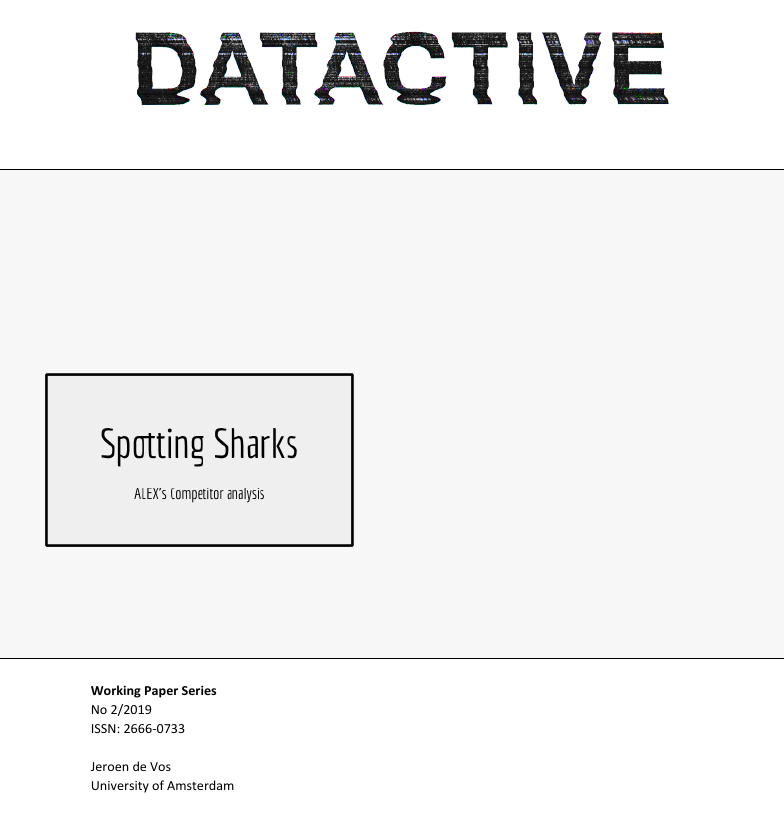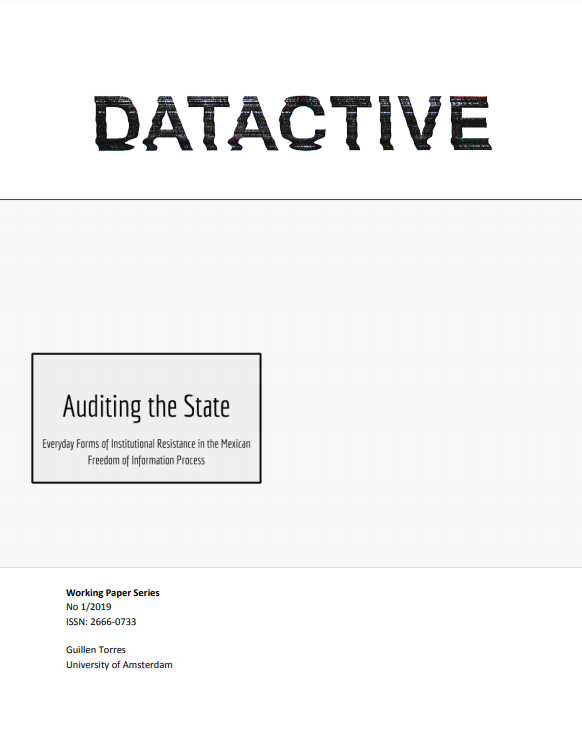What would datafication look like seen… ‘upside down’? What questions would we ask? What concepts, theories and methods would we embrace or have to devise? These questions were at the core of the two-day immersive research workshop ‘Big Data from the South: Towards a Research Agenda’ (University of Amsterdam, 4-5 December 4-5 2018). The event was the third gathering of the Big Data from the South Initiative (BigDataSur), a research network and program launched in 2017 by Stefania Milan (University of Amsterdam) and Emiliano Treré (Cardiff University).
The workshop report has finally been released and is ready for download! Special thanks go to the workshop participants, the authors of the thematic areas Anna Berti Suman (Tilburg University), Niels ten Never, Guillén Torres, Kersti R. Wissenbach and Zhen Ye (University of Amsterdam), and to Tomás Doods, Jeroen de Vos and Sander van Haperen for the editorial assistance.
We take the opportunity to once again thank the sponsors that made the event possible, namely the European Research Council (grant agreement No 639379-DATACTIVE; https://data-activism.net), the Amsterdam Center for Global Studies, the Amsterdam School of Cultural Analysis and the Amsterdam Center for European Studies. Our gratitude extends also to SPUI25, the University of Amsterdam and Terre Lente for hosting us.


